From a standing start, delta 8 THC (delta 8) products have become wildly popular in just a few short years. But with lawmakers and regulators starting to notice, what is the legal status of Delta 8 in South Carolina?
Delta 8 is legal in South Carolina. The federal government legalized hemp products, including Delta 8, as part of the 2018 Farm Bill. South Carolina has not introduced any legislation to ban Delta 8 since. However, delta 8 vendors in the Palmetto State are experiencing issues with law enforcement.
Honestly, the Delta 8 law is complex, confusing, and at times vague – it is not easy to know where you stand. I’m here to simplify matters and give you some much-needed clarity on the Delta 8 situation in South Carolina. We have lots of grounds to cover, so let’s get started!
Delta 8 THC State Law in South Carolina
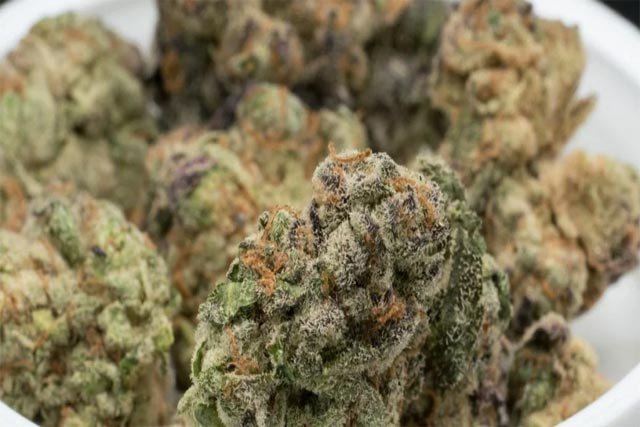
You would think that a state like South Carolina – where medical and recreational marijuana is banned and weed possession remains criminalized – would come down hard on psychoactive delta 8.
Especially since more than a dozen states have already banned it. But Delta 8 is legal, and lawmakers have not yet introduced legislation to outlaw it.
South Carolina legalized industrial hemp cultivation in 2014. Current SC hemp legislation matches that in the federal government’s 2018 Agriculture Improvement Act (Farm Bill).
In a nutshell, hemp is legal in South Carolina, providing delta-9-THC levels do not exceed 0.3% on a dry weight basis.
The key wording is located in South Carolina House Bill 3449 for South Carolina. The bill defines hemp as “all derivatives, extracts, cannabinoids, isomers, acids, salts, and salts of isomers” found in the Cannabis sativa L. plant, with “the federally defined level for hemp” (0.3%).
That is all the law says, with no reference to Delta 8 anywhere. This legislation means that increasingly common Delta 10 products are also legal in South Carolina.
Delta 8 THC Federal Law

With South Carolina not introducing its own laws concerning hemp, federal law takes center stage. The 2018 Farm Bill sought to clarify the legal landscape for hemp-based products, with a focus on non-psychoactive cannabidiol (CBD) products.
But lawmakers perhaps failed to consider the consequences of giving free rein to all cannabinoids except for THC. That’s no surprise, as hardly anyone had ever heard of Delta 8 until a few years ago.
Delta 8 is naturally occurring in hemp and marijuana, but in such small quantities (less than 1%) that few ever thought it mattered.
The Farm Bill changed all that, with companies spotting a legal gap for Delta 8 and wasting little time in filling it.
Soon enough, delta 8 edibles, vape cartridges, concentrates, and more were popping up across the US and online. Word quickly spread, and now the Delta 8 industry is booming.
Click here to see the top 10 best Delta 8 thc vape pens :)
Let’s be clear: this was never the intention of the Farm Bill. Delta 8 is so closely related to THC and produces a very similar “high.”
THC itself and marijuana products with more than 0.3% THC are still classified in the Controlled Substances Act as a Schedule 1 drug – the most restrictive category. So, will the Drug Enforcement Administration (DEA) move to close this legal loophole?
2020 Interim Final Rule
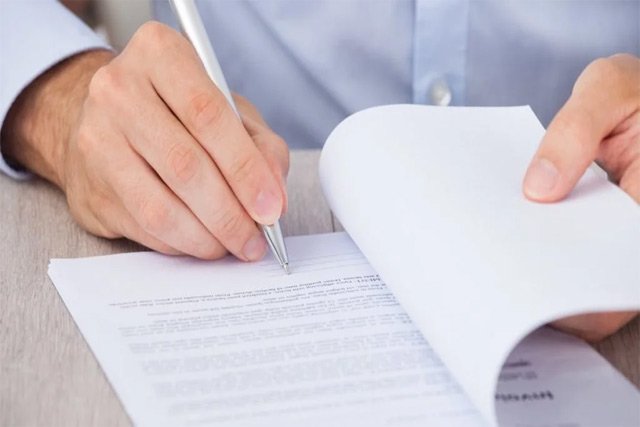
An Interim Final Rule (IFR) was published in 2020 by the DEA to clarify aspects of the 2018 Farm Bill. South Carolina strictly adheres to federal hemp regulations, making the IFR highly relevant to the state.
However, the IFR has added confusion regarding the DEA’s stance on delta 8, particularly regarding its classification as a “synthetic cannabinoid.”
The Delta 8 industry faces uncertainty due to the potential for DEA enforcement. While delta 8 occurs naturally in hemp, it is typically synthesized from CBD isolate using chemical processes.
The distinction between natural and synthetic cannabinoids is unclear. While delta 8 is derived from natural CBD isolate, it undergoes chemical processing.
If classified as a synthetic cannabinoid, delta 8 could be subject to Schedule 1 drug regulations, posing significant legal implications for its current widespread use.
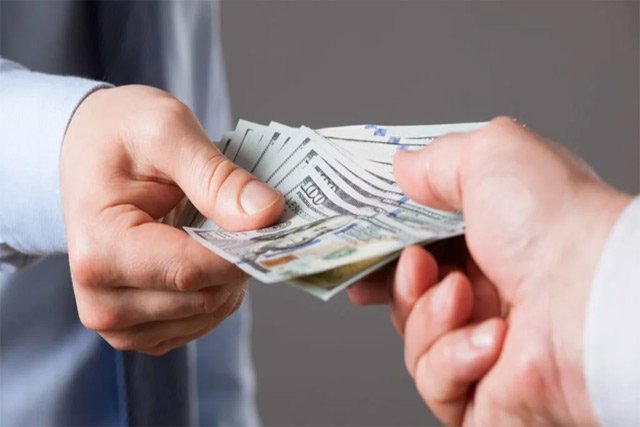
After some early worries with the IFR, vendors have continued selling delta 8 products in legal states, including in South Carolina.
People residing in SC can buy products online and have them shipped to their door or purchase them from brick-and-mortar stores. Many companies that were already selling CBD have started stocking Delta 8.
However, even though Delta 8 is legal in South Carolina, there have been incidents with vendors getting hassled by law enforcement.
Take the story of Robert Oggenfuss in Clinton, South Carolina. He was selling Delta 8 products in his vape shop until the police seized $5000 worth of goods in a raid.
Oggenfuss claimed his products were legal with less than 0.3% THC, and the lab reports backed him up. Maybe the police made a genuine mistake, or perhaps more likely, they want to scare other vendors off from selling Delta 8 products.
It’s not clear if Oggenfuss got his stuff back, but per WMBF News, Clinton police are intending to seize other Delta 8 products on sale in the area.
Buying Delta 8 safely in South Carolina
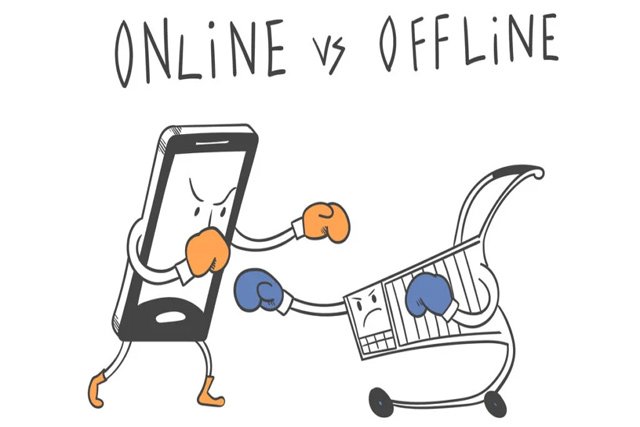
Are you in South Carolina but unsure about the best way to purchase Delta 8? I have some tips for you.
Brick-and-mortar stores are sometimes okay, with specialized stores such as vape shops usually pretty reliable. But these stores have rent, employees, and other bills to pay, which inevitably means you will pay more for your products.
In addition, not all stores will have third-party lab reports available, leaving you in the dark about product safety. Gas stations and head shops are problematic in this regard.
The hemp and Delta 8 industries are unregulated, so you must be careful. Back in 2019, dozens of people died from vaping illegitimate e-liquid products containing vitamin E acetate.
Genuine Delta 8 companies go the extra mile to prove they are legitimate by getting all products third-party tested. These checks confirm products are safe and free from heavy metals and that they are sufficiently potent and legal.
History of Delta 8 in South Carolina
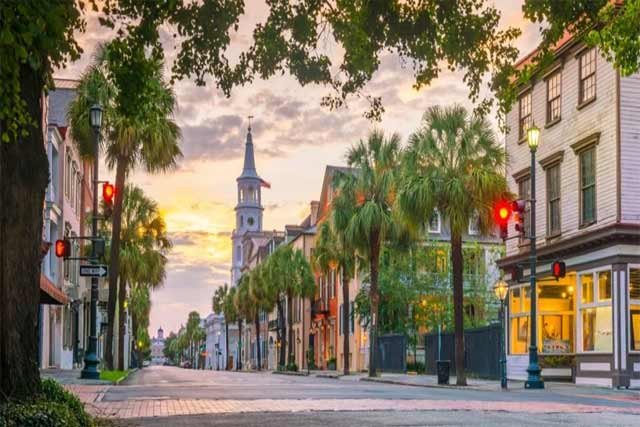
Delta 8 has a fairly brief history in South Carolina. Sure, delta 8 has presumably been around for as long as marijuana. Therefore, you could say that Delta 8 was legal in SC until the Marihuana Tax Act of 1937, made a Schedule 1 drug in 1970, before being legalized by the Agriculture Improvement Act of 2018.
That, in practical terms, is when Delta 8 first came onto the radar of South Carolinians. Delta 8 legalization has created a growing market, albeit an uncertain one.
In recent years, people have indeed been able to manufacture, sell, possess, and consume Delta 8 products in South Carolina. However, the unpredictability of law enforcement could be putting vendors off.
Delta 8 Future Outlook in South Carolina

Delta 8 faces challenges in South Carolina, with crackdowns despite unclear laws. Lawmakers remain silent, perhaps unaware of the issue. The state’s strict stance on marijuana contrasts with its lax approach to Delta 8.
Several states, including Texas, may soon ban Delta 8. South Carolina is likely to follow suit if a nationwide ban gains momentum. Until then, the industry persists, with consumers shifting to online sales if needed.
DEA actions on Delta 8 impact South Carolina, sparking debates on its legality. Media attention grows, increasing pressure on the DEA for clarification.
Federal marijuana legalization could precede state action, rendering Delta 8 products obsolete. Uncertainty surrounds Delta 8’s future in South Carolina amid threats from both state and federal levels.
Nonetheless, committed manufacturers and sellers will strive to maintain the industry.




